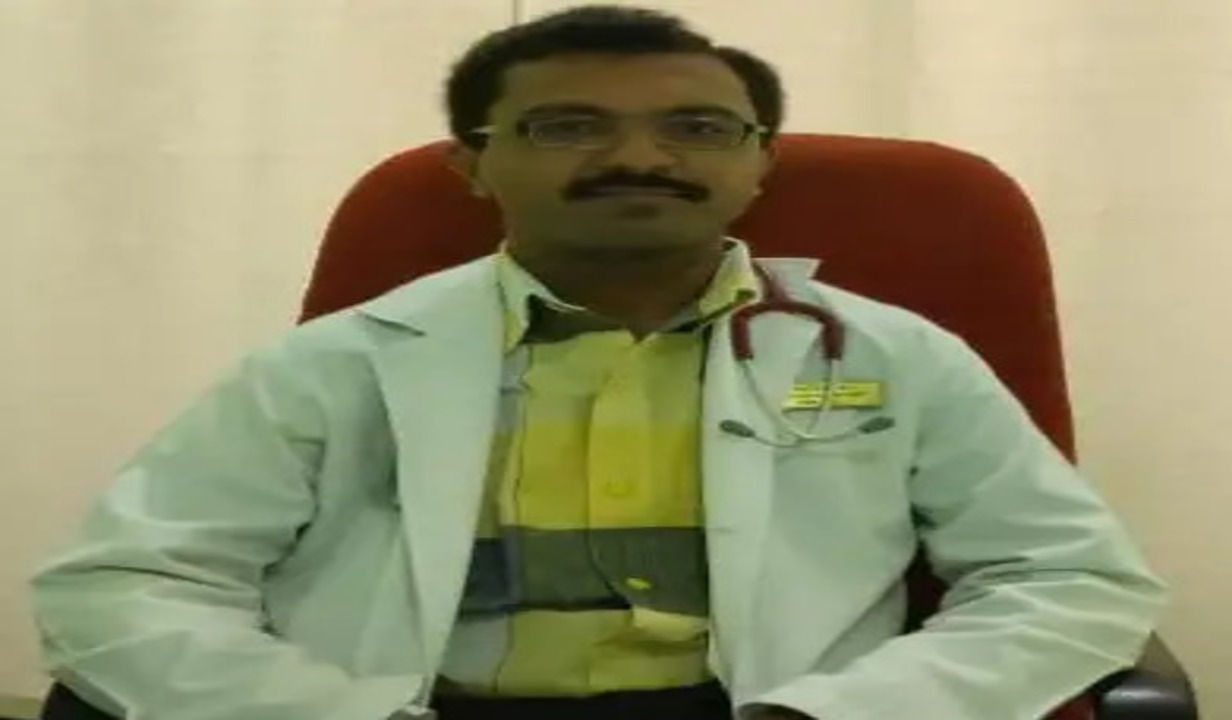Diabetes Management
Preparation and Recovery: A Guide for Diabetics Facing Surgery
2 min read
By Apollo 24|7, Published on - 04 September 2024
Share this article
0
0 like
.jpg?tr=q-80)
Undergoing any surgical procedure can seem daunting, especially if you're managing a chronic condition like diabetes. However, by collaborating with your doctors and following a few essential guidelines, you can navigate the preoperative period and post-surgery recovery phase effectively.
Preparing for Surgery: Tips for Diabetic Patients
The weeks leading up to your surgery are crucial. Here's what you need to keep in mind:
- Foster a strong relationship with your medical team: A coordinated approach between your endocrinologist, primary care doctor, and surgeon ensures consistent care.
- Keep blood sugar in check: Aim for stable glucose levels in the weeks before the procedure to minimise potential complications.
- Discuss medication changes: Your diabetes medicines may need adjustments before the operation — make sure you discuss this with your doctors. If the patient is having insulin, it is better to monitor sugar levels strictly as the patient will be put on nil by mouth (NBM) for about 8-12 hours before surgery depending upon the procedure, to avoid hypoglycemia (decreased blood sugar).
- Control co-existing health issues: If you have other health problems, such as heart or kidney disease, good management of these conditions is vital.
- Communicate allergies: Inform your surgical team about any known allergies to food or medicines.
- Stop smoking: If you're a smoker, stopping several weeks before surgery can enhance wound healing and reduce complications.
Post-Surgery Recovery: Advice for Diabetics
Recovering from an operation can be challenging. Here are some steps to help make it smoother:
- Monitor glucose levels often: Regular checks allow for timely insulin adjustments, helping maintain balance. Post surgery, start with low doses of anti-diabetic drugs or insulin as the patient will be allowed to take small quantities of food and then can increase the dosage accordingly.
- Follow a balanced diet: Opt for nutrient-rich, diabetes-friendly foods to aid healing and avoid glucose surges.
- Stay hydrated: Drinking ample water helps flush out anaesthetic drugs and other medications.
- Be mildly active: Gentle movements soon after surgery stimulate blood flow and help prevent complications.
- Keep stress and pain at bay: These can affect glucose levels, so find effective ways to manage them.
- Attend follow-up consultations: Regular appointments enable your medical team to monitor your recovery and tweak your diabetes management plan, if required.
By diligently following these guidelines, you can ease the surgical journey and recovery process. This is where the Apollo Super 6 programme comes in. It offers multifaceted support for individuals with type 2 diabetes, encouraging a healthier lifestyle, and providing tools for effective diabetes management.
Diabetes Management
Consult Top Diabetologists
View AllLeave Comment
Recommended for you

Diabetes Management
What to Eat to Lower Blood Sugar?
Balancing sugar levels is vital in diabetes management. Incorporate fiber-rich foods like whole grains, legumes, non-starchy veggies, and lean proteins for stable glucose levels. Healthy fats, berries, and cinnamon enhance support. Minimize processed foods with added sugars to maintain control.

Diabetes Management
Avoid or Limit These Common Foods with Hidden Sugar
Some foods that may contain hidden sugars include flavoured yoghurt, granola bars, canned fruit in syrup, condiments like ketchup and barbecue sauce, flavoured coffee drinks, packaged sauces and dressings, certain breakfast cereals, and processed snacks. Diabetics should read the food labels and be extra cautious about ingredients to manage diabetes well.

Diabetes Management
Dates and Diabetes: Nutritional Insights and Healthy Consumption
Wondering if you can enjoy dates while managing diabetes? The answer is definitely yes, but with a bit of moderation and wise consumption. Dates, despite their sweetness, have a low to medium GI, making them a slow-release source of sugar. Pairing them with the right choice of foods can further enhance their diabetic-friendly properties. Remember, it's always best to consult your doctor before making dietary changes.
Subscribe
Sign up for our free Health Library Daily Newsletter
Get doctor-approved health tips, news, and more.
Visual Stories

8 Fruits That are Incredibly Healthy for Diabetes
Tap to continue exploring
Recommended for you

Diabetes Management
What to Eat to Lower Blood Sugar?
Balancing sugar levels is vital in diabetes management. Incorporate fiber-rich foods like whole grains, legumes, non-starchy veggies, and lean proteins for stable glucose levels. Healthy fats, berries, and cinnamon enhance support. Minimize processed foods with added sugars to maintain control.

Diabetes Management
Avoid or Limit These Common Foods with Hidden Sugar
Some foods that may contain hidden sugars include flavoured yoghurt, granola bars, canned fruit in syrup, condiments like ketchup and barbecue sauce, flavoured coffee drinks, packaged sauces and dressings, certain breakfast cereals, and processed snacks. Diabetics should read the food labels and be extra cautious about ingredients to manage diabetes well.

Diabetes Management
Dates and Diabetes: Nutritional Insights and Healthy Consumption
Wondering if you can enjoy dates while managing diabetes? The answer is definitely yes, but with a bit of moderation and wise consumption. Dates, despite their sweetness, have a low to medium GI, making them a slow-release source of sugar. Pairing them with the right choice of foods can further enhance their diabetic-friendly properties. Remember, it's always best to consult your doctor before making dietary changes.


